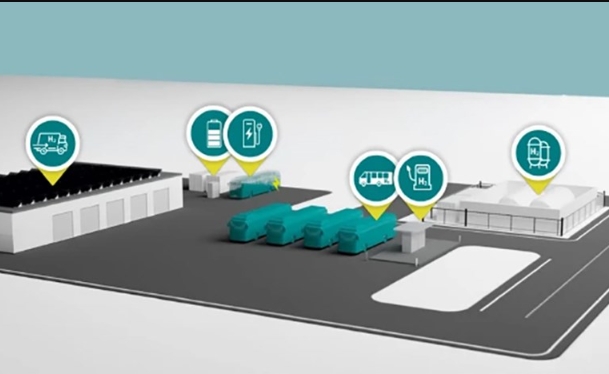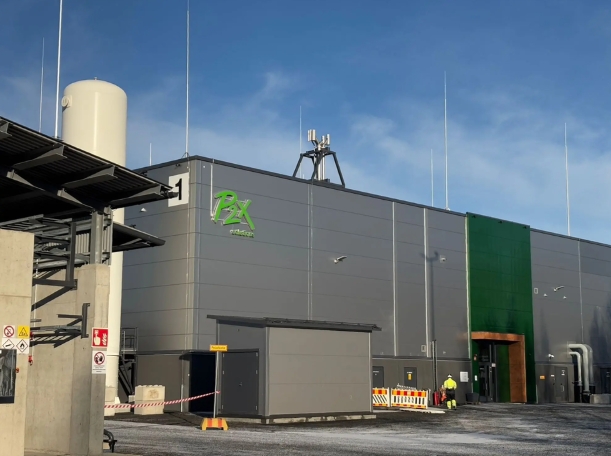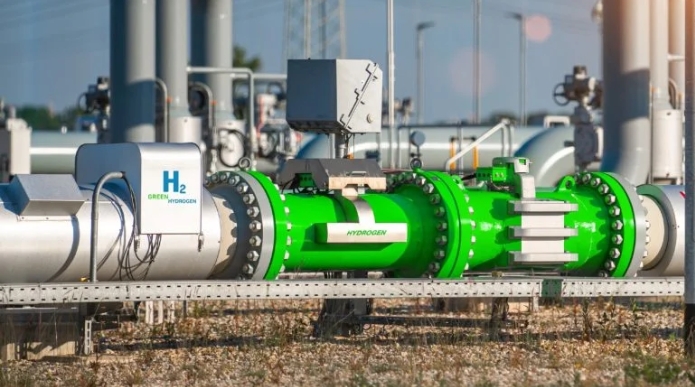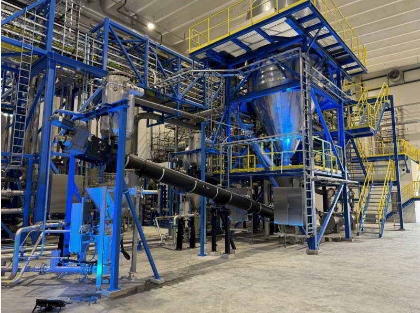In a recent “Deep State” article, Free Press reporter Lance Tapley argued that energy conservation could help us get off “the road to world ruin” from global warming. Burning less fossil fuel, he writes, will reduce carbon emissions, a primary cause of climate change. Without question, conservation needs to be back on the table. Who but car and oil companies would oppose better mass transit? Who would object to better insulation in our homes? Or more telecommuting via improved broadband instead of driving to work?
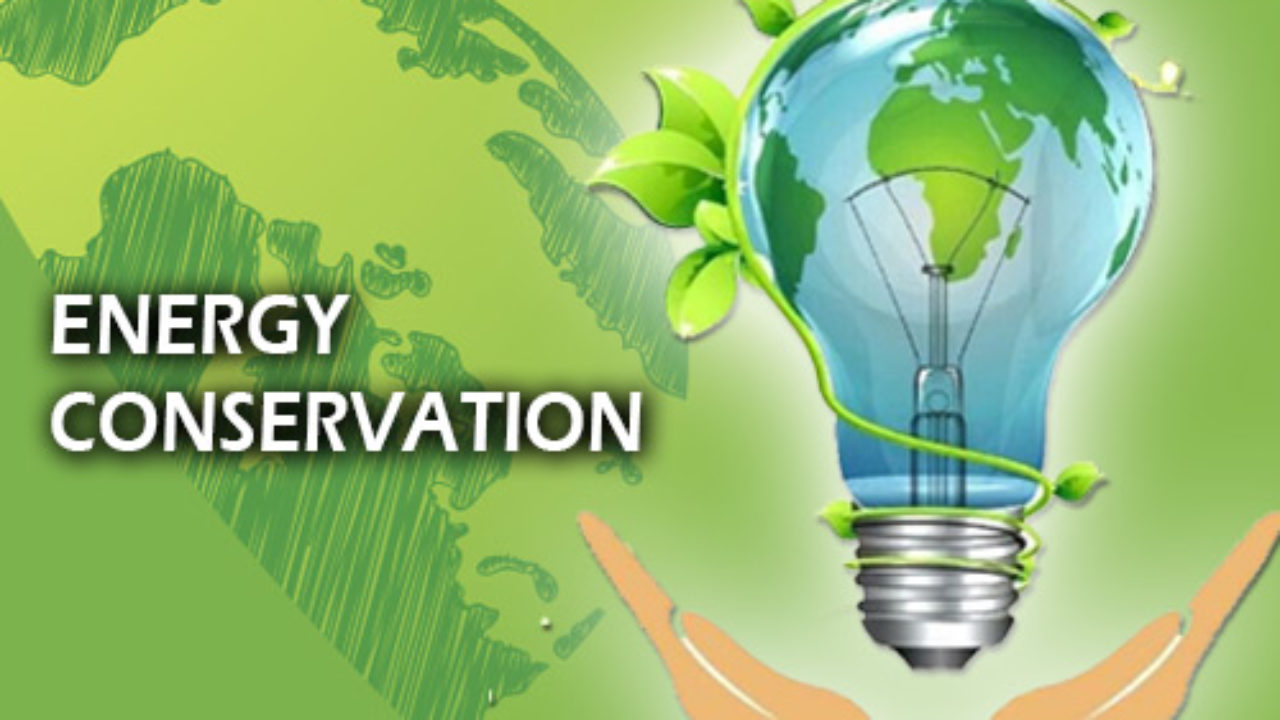
Tapley lays much of the blame for climate change on decisions we make as individual consumers. “Americans don’t like limits to economic growth,” he says, “to their ability to consume the earth’s resources and to turn those resources into as many material things as they can buy.” Reversing this trend will require a sea-change in our buying and consuming habits. Yet he ignores the most difficult question of all: Who really makes decisions about what we consume and how it’s produced?
In Maine, we generate around 0.3% of the country’s carbon pollution. Half of that comes from driving. How much would it matter if we could cut that number by 50 or even 75 percent? Would paying $375 million for electric buses here or $1 billion for intercity railways, as he suggests, make a meaningful dent in U.S. carbon emissions? Or would that money be better spent in Texas, which produces 43 times as much carbon and lacks any real public transport?
Strategically targeted energy conservation makes sense, but only where the result justifies the cost. Most working families in Maine already live close to or below the so-called livable wage. They don’t have much room to pay for the expensive transportation subsidies and corporate tax breaks that most conservation projects would require. We need to be realistic about what market-based initiatives might achieve and where the burden will fall.
My point is that climate change isn’t really about individual bad choices. It’s not “the human way,” either: around the world most people are still poor and consume very little. Our choices are overwhelmingly defined by Senior Management – politicians and the powerful elites who set their agenda. They decide what we can buy, how much we’ll pay and how far we’ll drive to get it. Limitless economic growth – allegedly the engine of general prosperity – pollutes the atmosphere and make them richer, not us. Most family incomes in the U.S. haven’t grown in real terms since the 1970s.
Senior Management also has no intention of paying the environmental and human costs of unsustainable growth. Here’s an example. For the past half-century, we could have been driving cars that travelled 80 miles per gallon of fuel. Terrified by the 1973 Arab oil boycott, Congress briefly considered adopting Corporate Average Fuel Economy standards that would have cut overall gasoline consumption in the U.S. by half or more.
But those standards would also have cut the varoom! in big engines that U.S. car manufacturers were counting on to their revive flagging sales. So the companies wrote their own standard and our elected representatives jumped on it like dogs on a bone. Who were they representing? All that extra carbon is now threatening life on Earth. Multiply the same scenario by thousands of Senior Management decisions over the past 150 years and you have a pretty good idea about why we’re facing a crisis.
What about new “green” technologies? No one questions that we’ll need better tools to reduce atmospheric pollution. But often, alternatives to old technology (like gasoline engines) have been around for decades. The decision to use them rests entirely with Senior Management, not us. And Senior Management’s decision is always based on how much money a technology makes, not whether it works better or pollutes less. They even buy up promising patents just to keep them off the market.
Dealing with climate change means that we have to fix the system that produced it. Like most environmental issues, it’s a human-made disaster where the money flows up and the consequences – poverty, inequality and climate change – flow down. Those problems need to be dealt with together, because they arise from the same source: self-dealing elites. If we’re serious about reducing carbon, we should end Senior Management’s power to get rich by poisoning the Earth. Turning down our thermostats or riding an electric bus won’t be nearly enough. As Albert Einstein once said, “We can't solve problems by using the same kind of thinking we used when we created them.”

